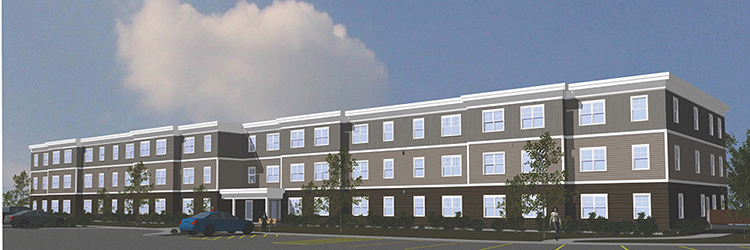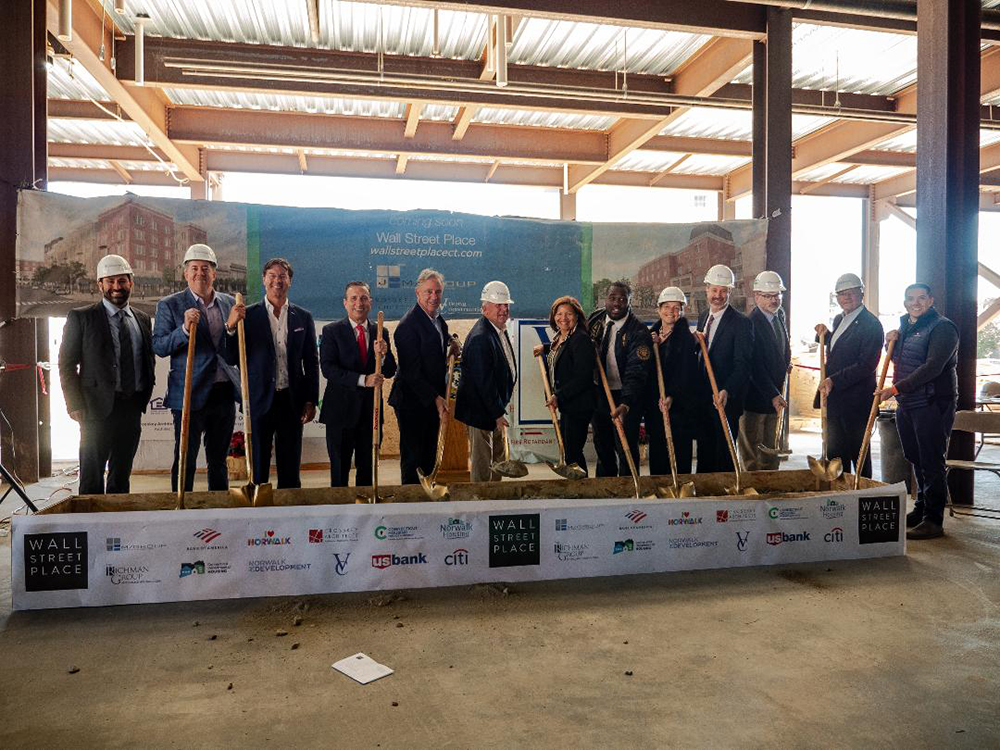President’s Message: Fair housing – A commitment to equality - by William Woodward
 More than 80 attended the IREM Boston Chapter’s Boot Camp for Property Managers during our April 20th in-person training in Braintree, Mass. Covering a wide range of topics, much time was devoted to the issue of fair housing – very fitting as April is designated as National Fair Housing Month.
More than 80 attended the IREM Boston Chapter’s Boot Camp for Property Managers during our April 20th in-person training in Braintree, Mass. Covering a wide range of topics, much time was devoted to the issue of fair housing – very fitting as April is designated as National Fair Housing Month.
While those of us in the property management and real estate industries are well aware of this celebrated month, we could all benefit from a little refresher on its origins.
The Fair Housing Act, passed on April 11, 1968, was designed to prohibit discrimination concerning the sale, rental, and financing of housing based on race, religion, national origin, or sex. Intended as a follow-up to the Civil Rights Act of 1964, the bill was the subject of a contentious debate in the Senate, but saw swift passage by the House of Representatives shortly following the assassination of civil rights leader Martin Luther King, Jr.
Now 55 years later, the importance and imperative of fair housing should be top of mind in our industry. To that end, we devote a significant portion of our Boot Camp for Property Managers to the topic, in a continuing effort to ensure that we always place “fair” in front of “housing.”
And because our industry is full of potential landmines that can trip up even the most experienced among us, the IREM Boot Camp is in demand not only by new property managers and assistant managers but also by veteran managers who want to hone their knowledge of the laws affecting residential landlords.
In addition to discrimination and fair housing, topics include tenant screening, understanding your lease, the do’s and don’ts of accepting deposits, effective dispute resolution, evictions 101, dealing with drugs, criminal activity, and difficult tenants, inter-tenant disputes, mold and other “growing” issues, smoking, and potentially lethal weapons. Yes, it’s a long list, but without the proper information and training, property managers – particularly those new to the industry – can easily find themselves in the proverbial hot water.
William Woodward is the 2023 IREM Boston president and is a regional property manager with Greystar, Boston, Mass.
Elm Grove Companies breaks ground on $20 million - The Rapids On Cocheco


IREM President’s Message: Fostering community connections during the holiday season

Recently passed legislation creates opportunities to meet CT’s changing energy needs - by Klein and Feinn


.png)



.jpg)

.png)
